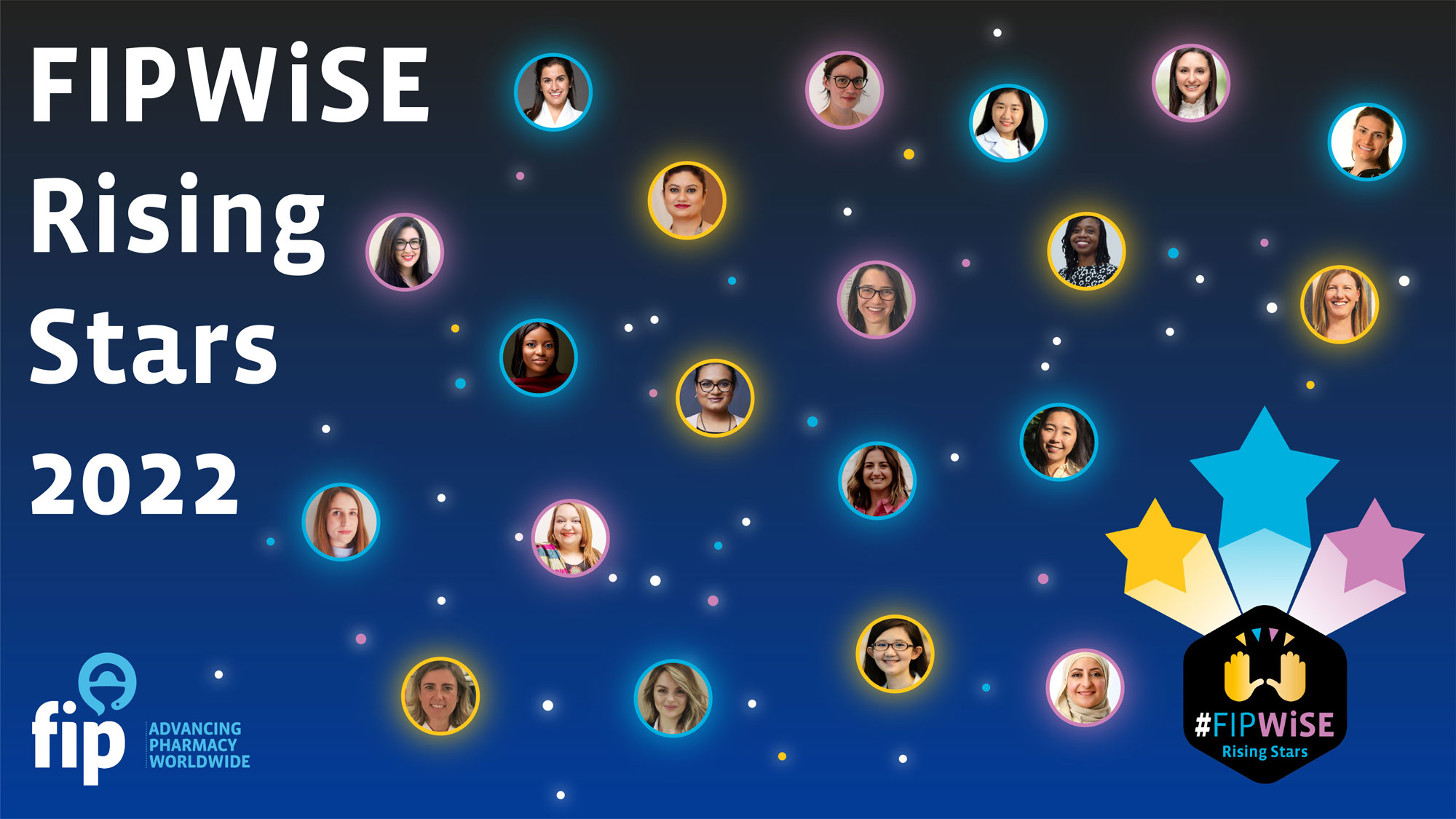
FIPWiSE – FIP’s initiative for Women in Science and Education — has launched the FIPWiSE Rising Stars programme to highlight women in pharmaceutical sciences or pharmacy education (including pharmaceutical practice research) who are pathfinders in their fields, who are rising in their careers and who deserve to be recognised.
Inclusion in the list of FIPWiSE Rising Stars is not an established FIP award; it is a way to recognise women in pharmaceutical sciences and pharmacy education for their progress and achievements to support others, and it sits alongside existing mentorship programmes.
In 2022, the inaugural list of FIPWiSE Rising Stars has been compiled by the FIPWiSE panel. FIP sincerely extend its gratitude to the following colleagues who supported the assessment process of the applicants:
FIPWiSE panel members
- Catherine Duggan, FIP chief executive officer, The Netherlands
- Parisa Aslani, FIP Bureau member, Australia
- Carmen Peña, FIP Bureau member, Spain
FIPWiSE shortlisting panel members
- Claire Thompson (panel lead), FIPWiSE chair, UK
- Toyin Tofade, FIP academic pharmacy section, President, USA
- Mariam Gyasi, FIP-UNESCO UNITWIN centre for excellence for Africa, Ex-member, Ghana
- Charlotte Rossing, FIP Board of Pharmaceutical Sciences, Member, Denmark
- Rajani Shakya, FIP Academic Institutional Membership (AIM), Advisory committee member, Nepal
- Christina Chai, FIP Academic Institutional Membership (AIM), Member, Singapore
- Dalal Hammoudi Halat, FIP Academic Pharmacy Section, FIP officer, Lebanon
- Louisa Sullivan, FIP Young pharmacists group (YPG), President, USA
- Patricia Acuña-Johnson, FIP Academic Pharmacy Section, FIP Workforce development hub, FIP officer, Chile
- Lilian Azzopardi, FIP Academic Institutional Membership (AIM), Advisory committee member, Malta
We are pleased to announce the inaugural list of FIPWiSE Rising Stars. Below, they tell us about their professional highlights, their vision for pharmacy or pharmaceutical sciences and their personal journeys:
FIPWiSE Rising Stars Video Chats
2022 FIPWiSE Rising Stars
|
|
|
|
|
|
|
|
|
|
|
|
|
|
|
|
|
|
|
|
|
|
|
|
|
|
|
|
|
|
|
|
|
|
|
|
|
|
|
|
FIP would like to express its sincere gratitude to Nagai Foundation for supporting FIPWiSE’s activities in 2022.
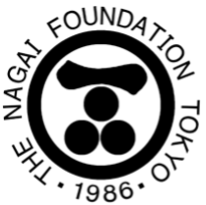
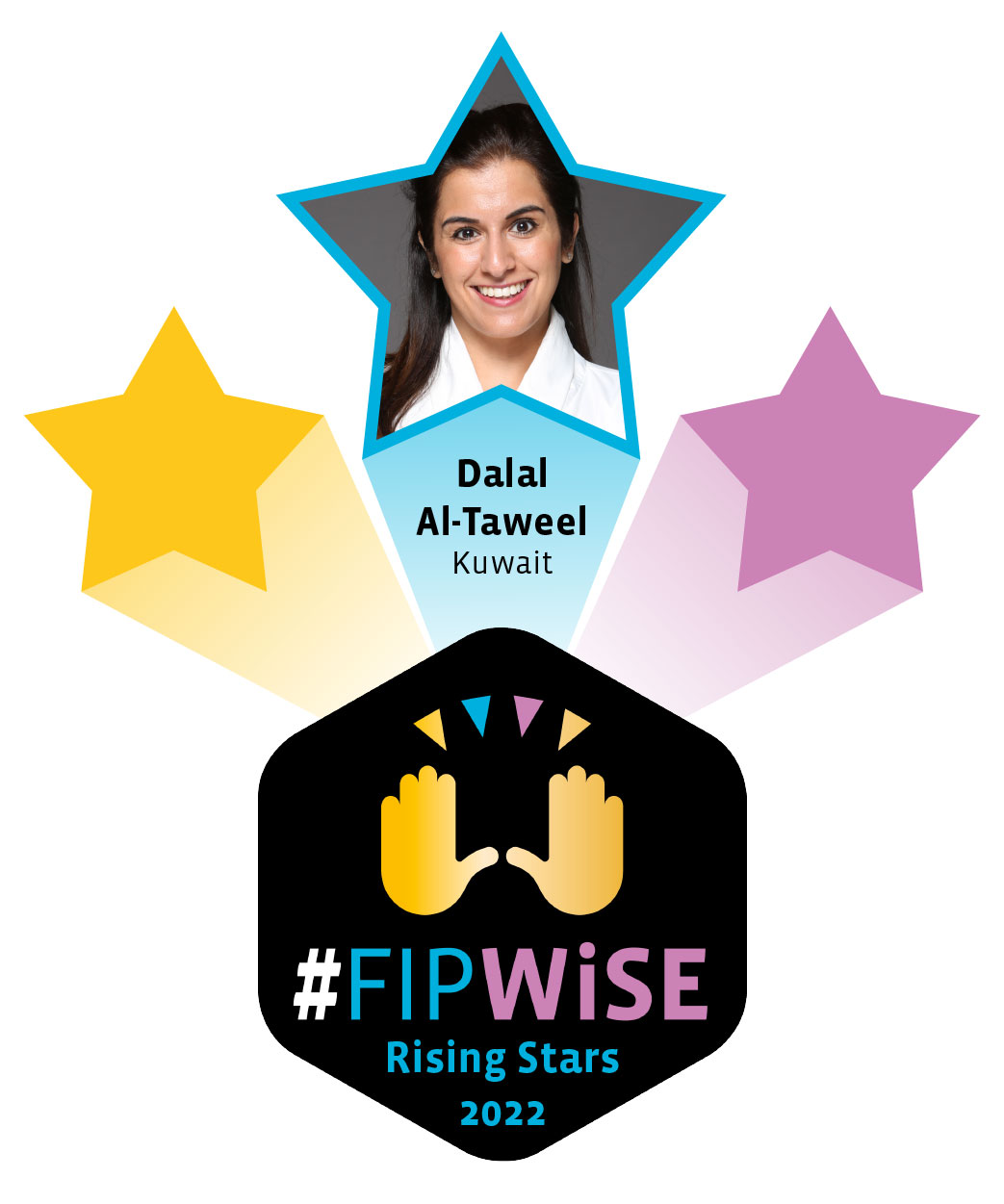 Dalal Al-Taweel
Dalal Al-Taweel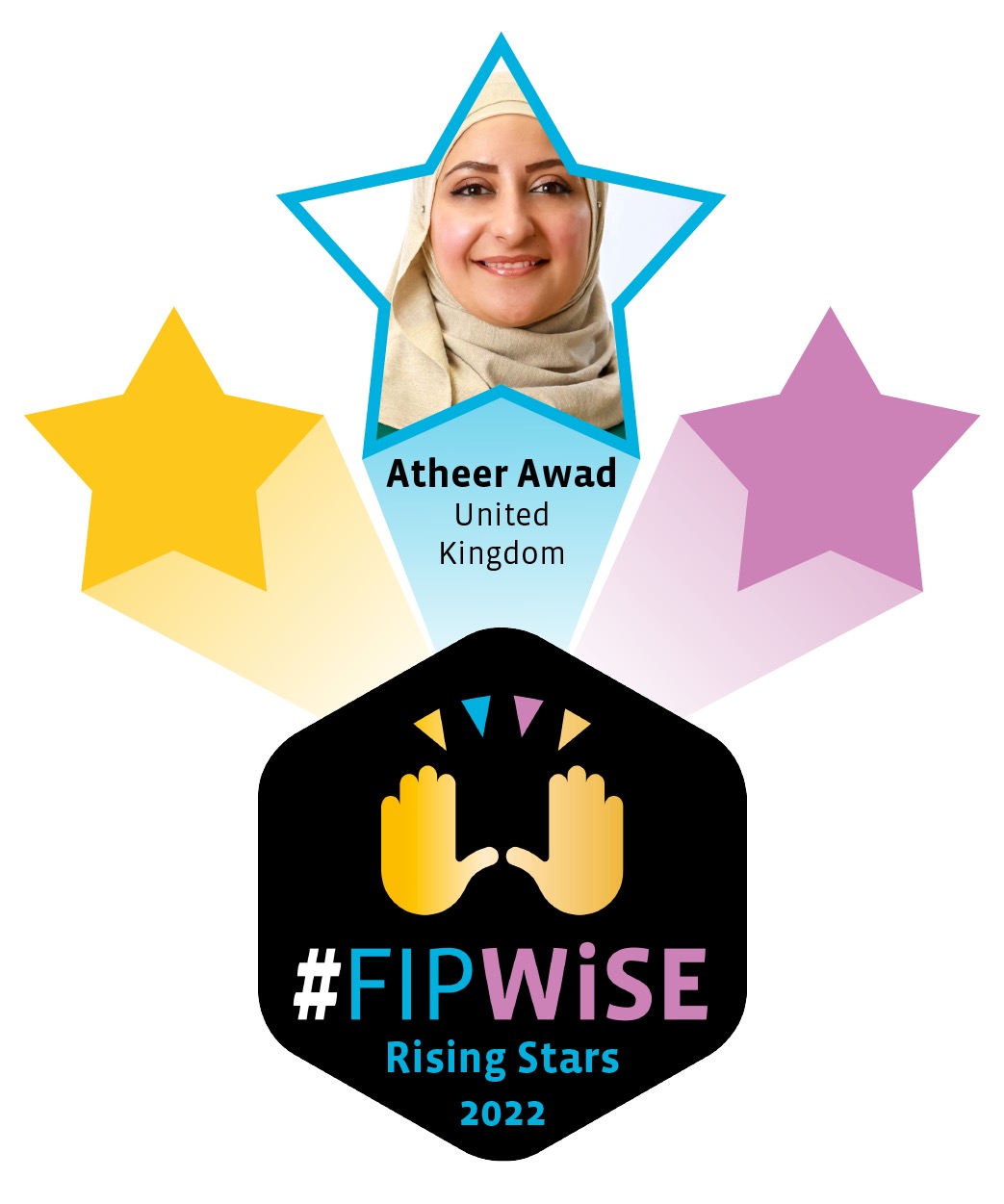 Atheer Awad
Atheer Awad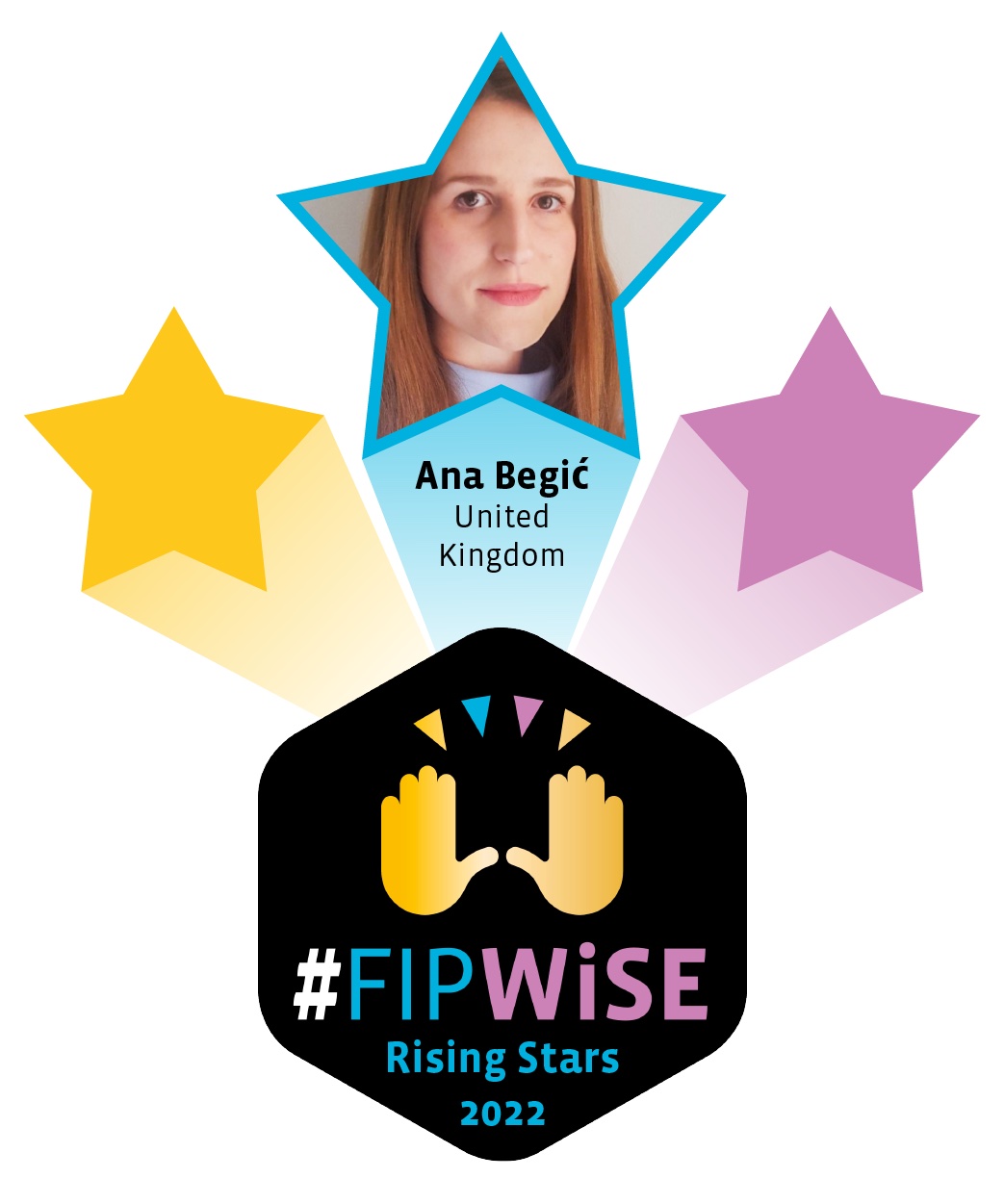 Ana Begić
Ana Begić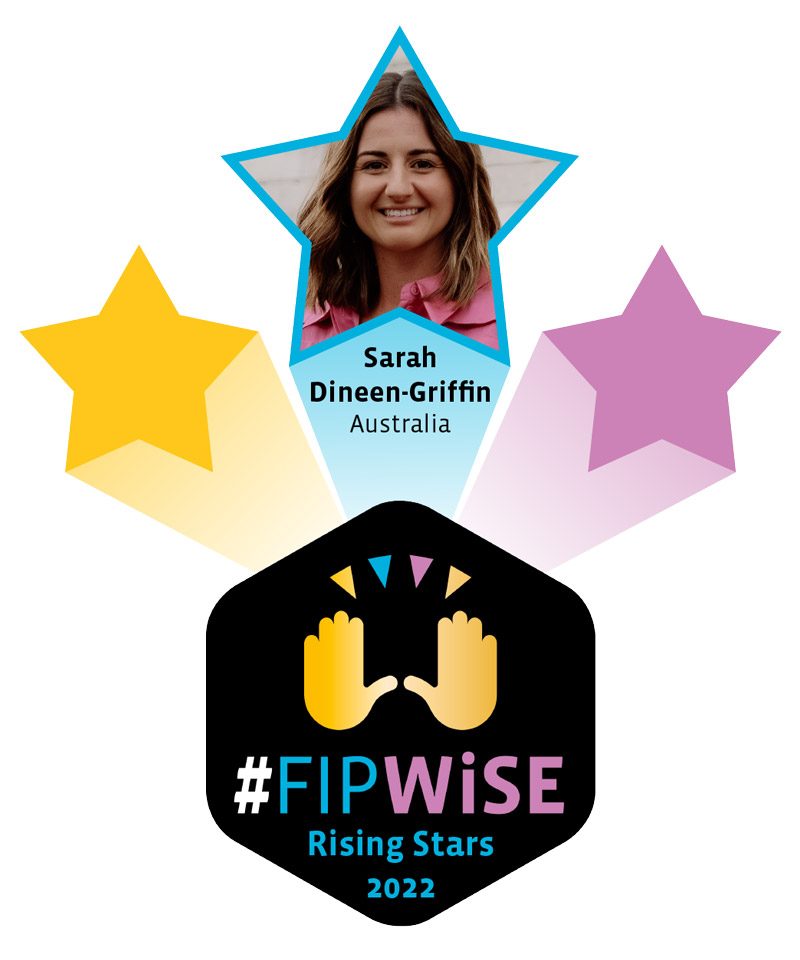 Sarah Dineen-Griffin
Sarah Dineen-Griffin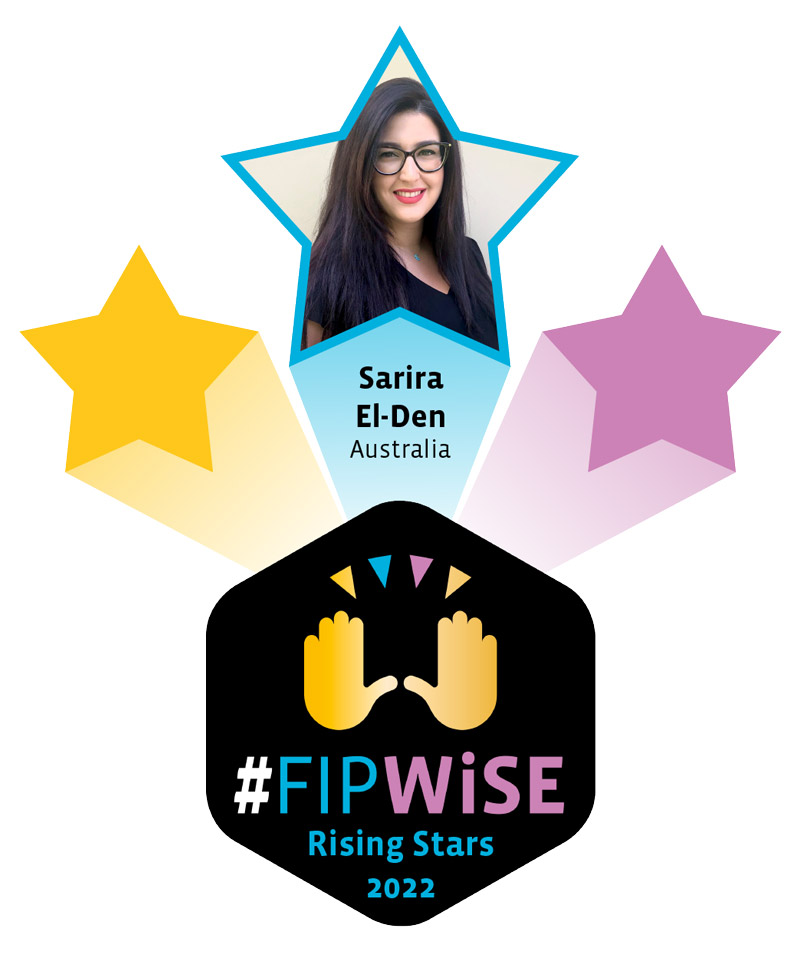 Sarira El-Den
Sarira El-Den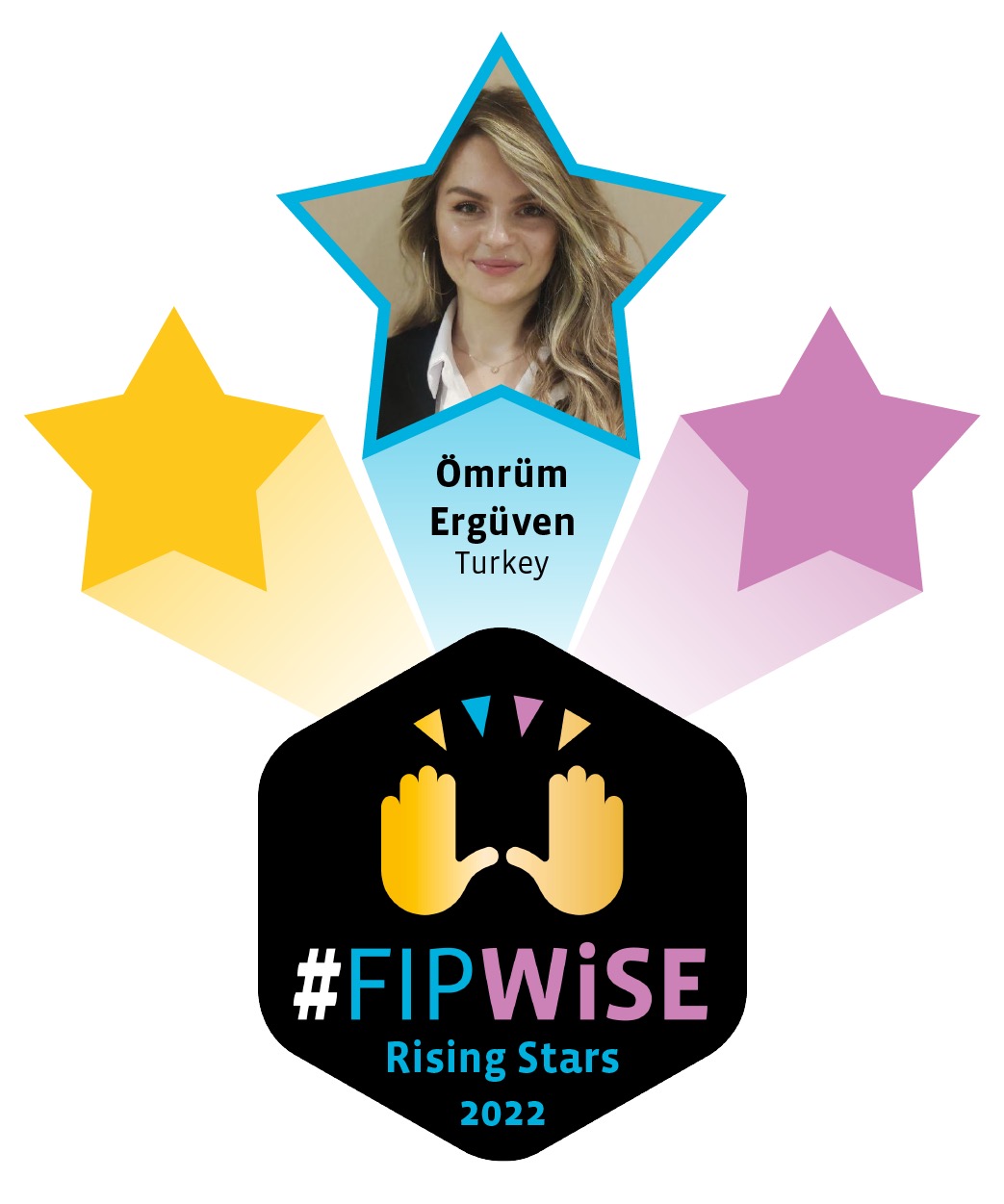 Ömrüm Ergüven
Ömrüm Ergüven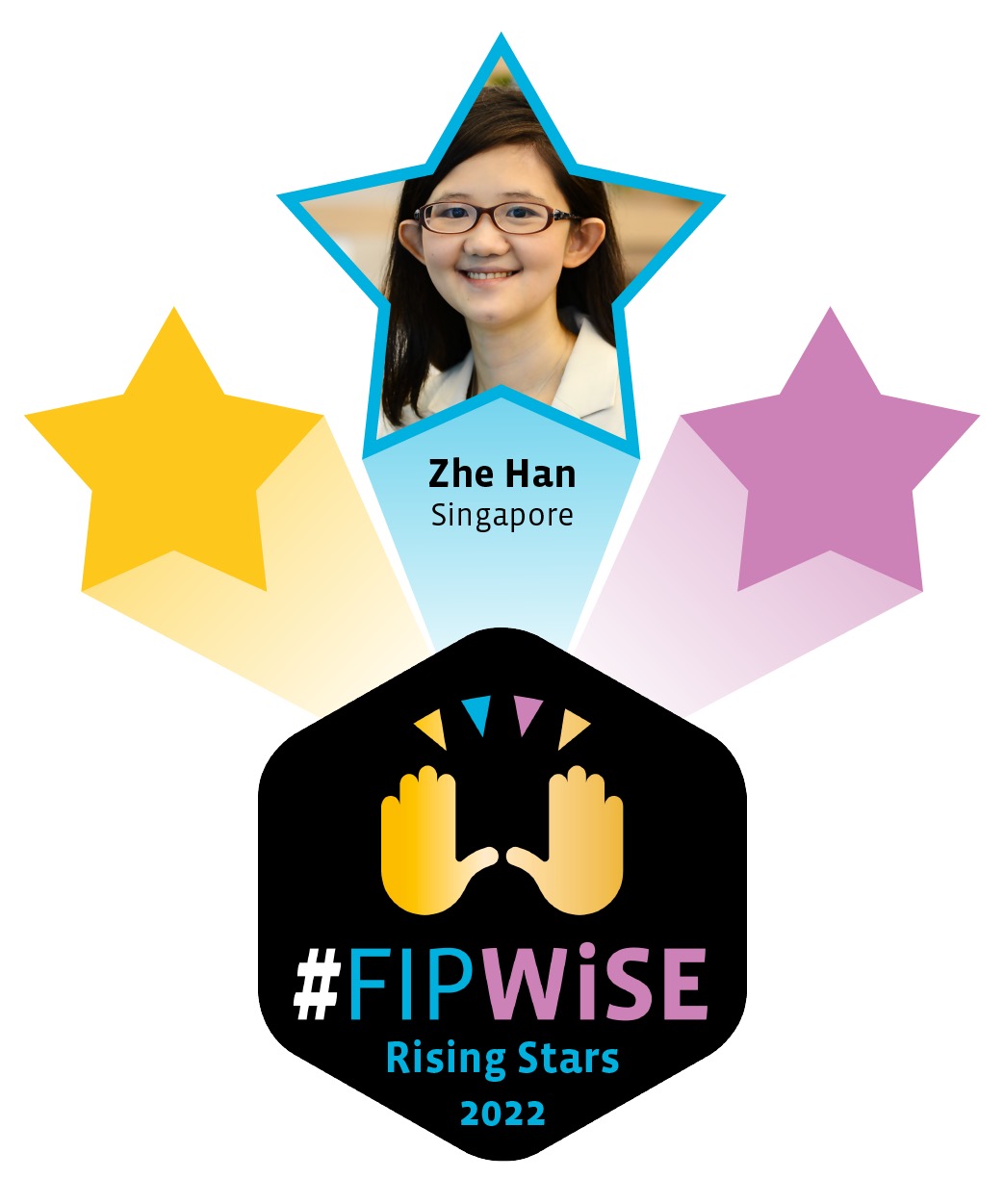 Zhe Han
Zhe Han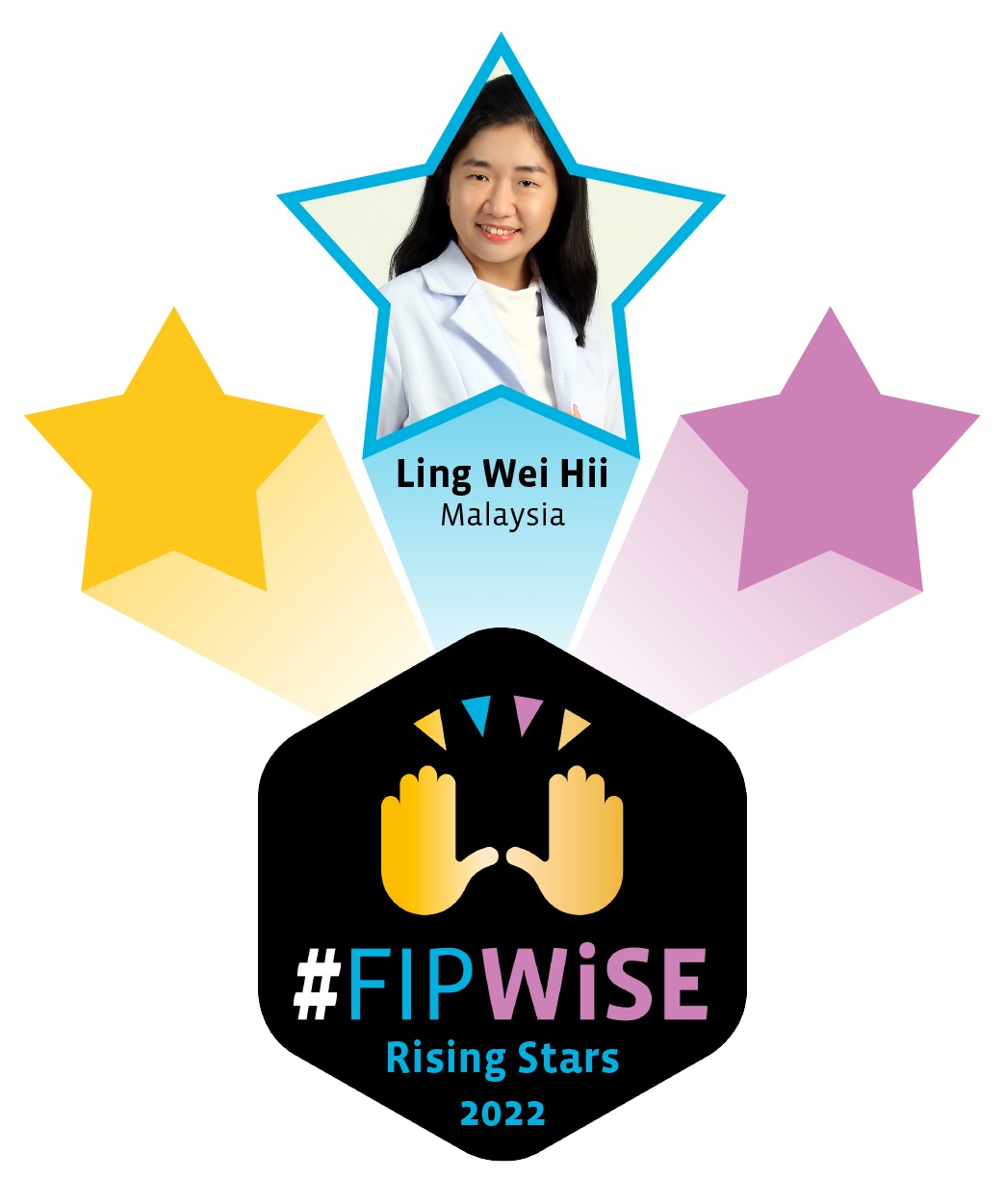 Ling Wei Hii
Ling Wei Hii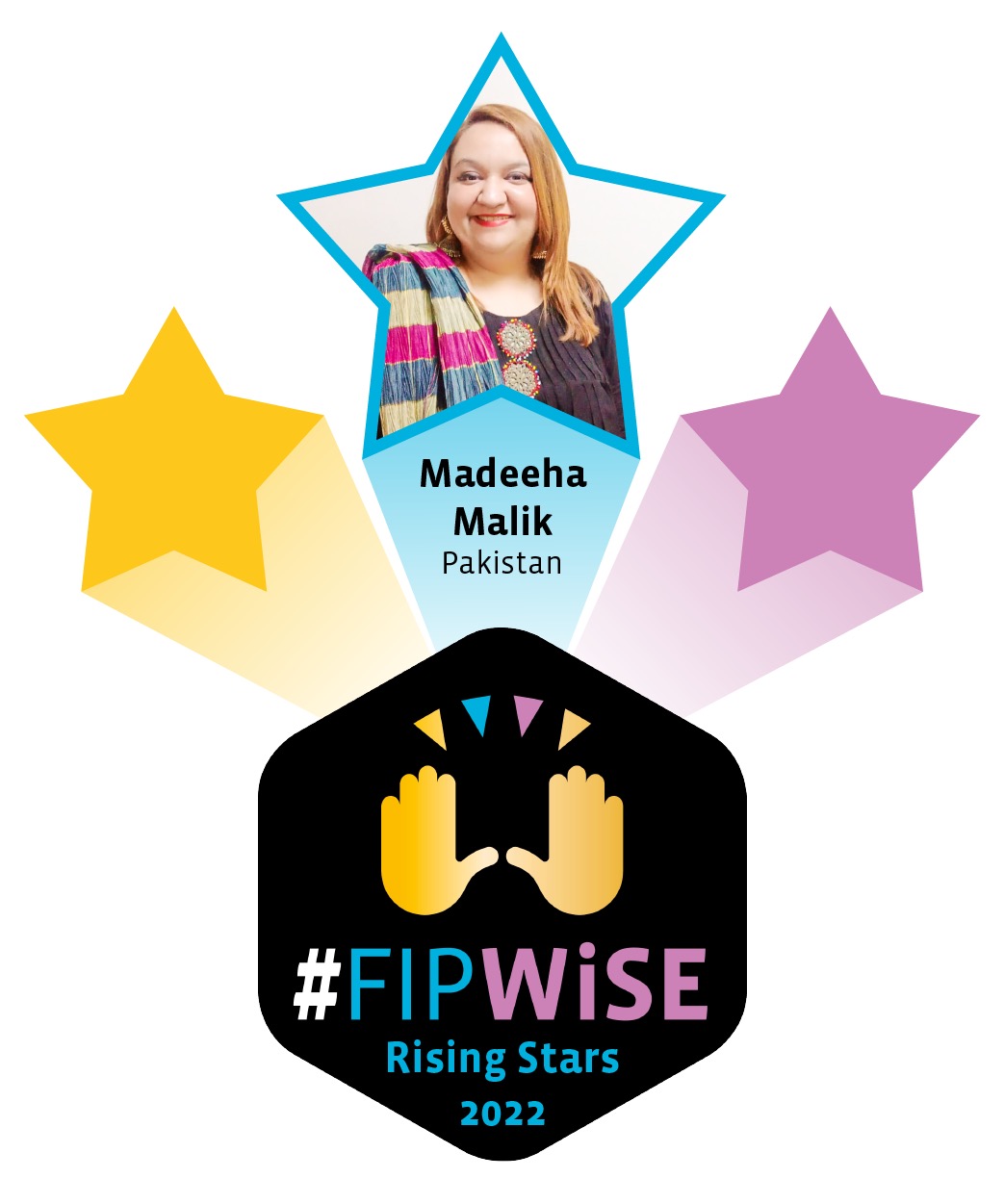 Madeeha Malik
Madeeha Malik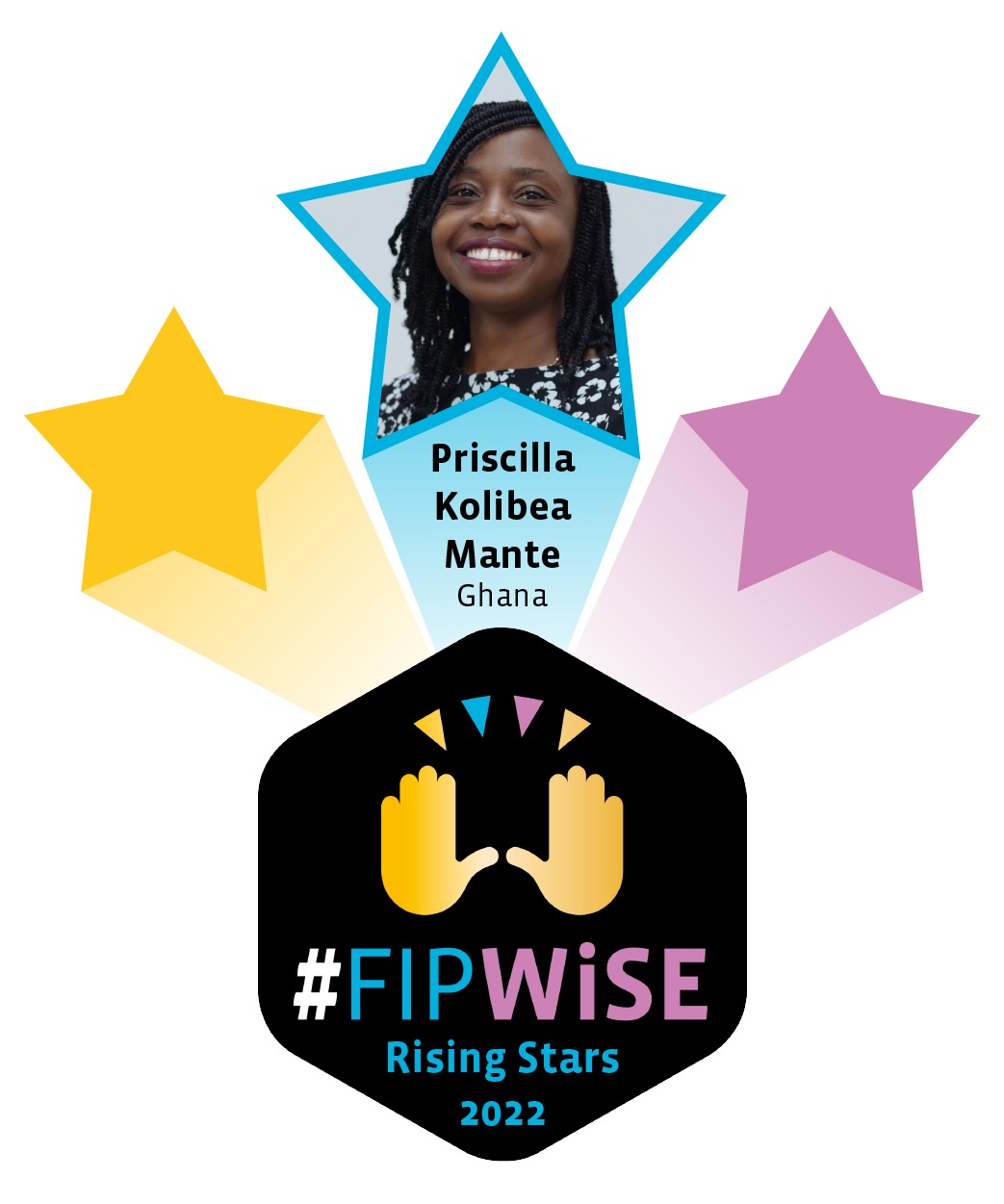 Priscilla Kolibea Mante
Priscilla Kolibea Mante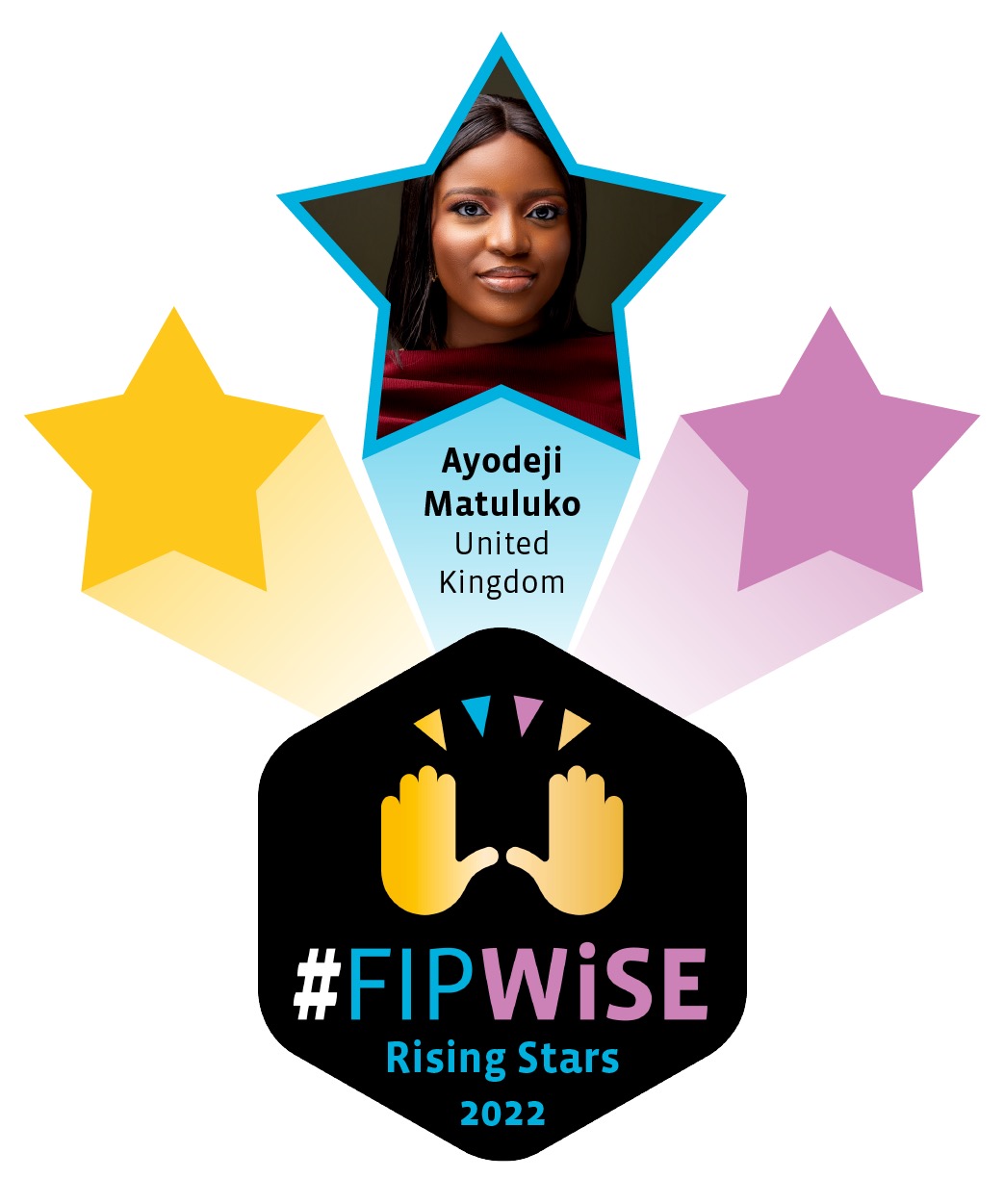 Ayodeji Matuluko
Ayodeji Matuluko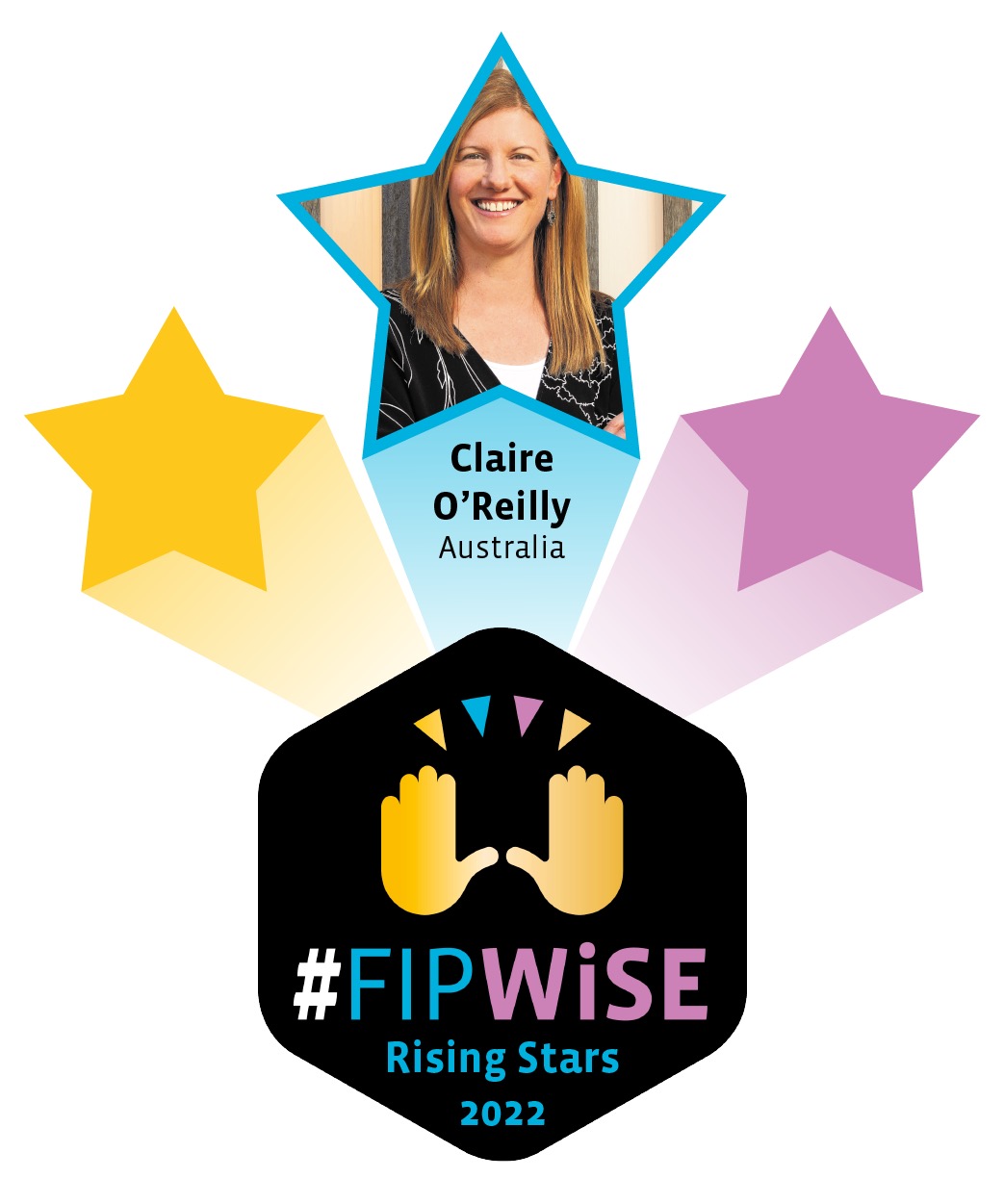 Claire O’Reilly
Claire O’Reilly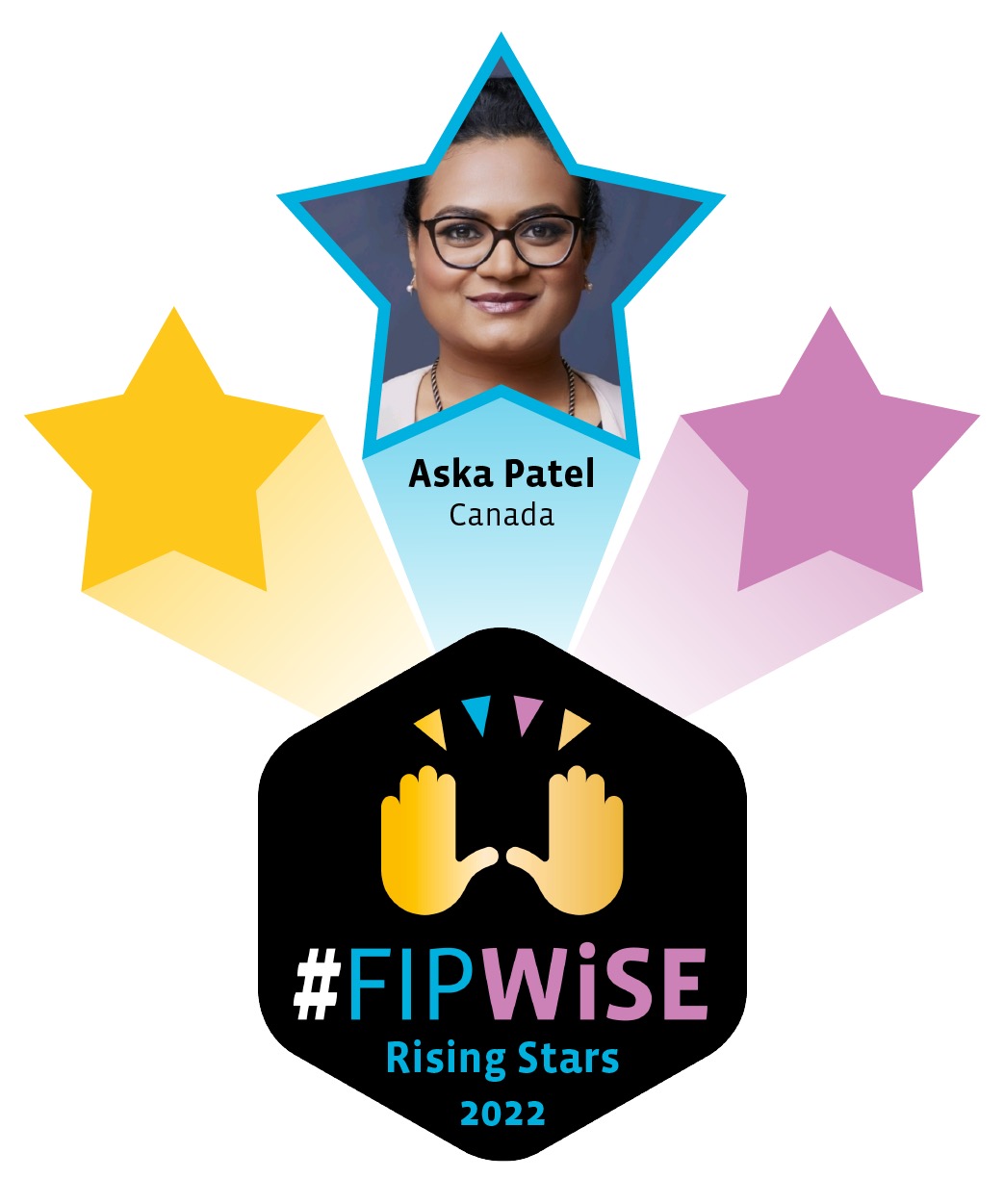 Aska Patel
Aska Patel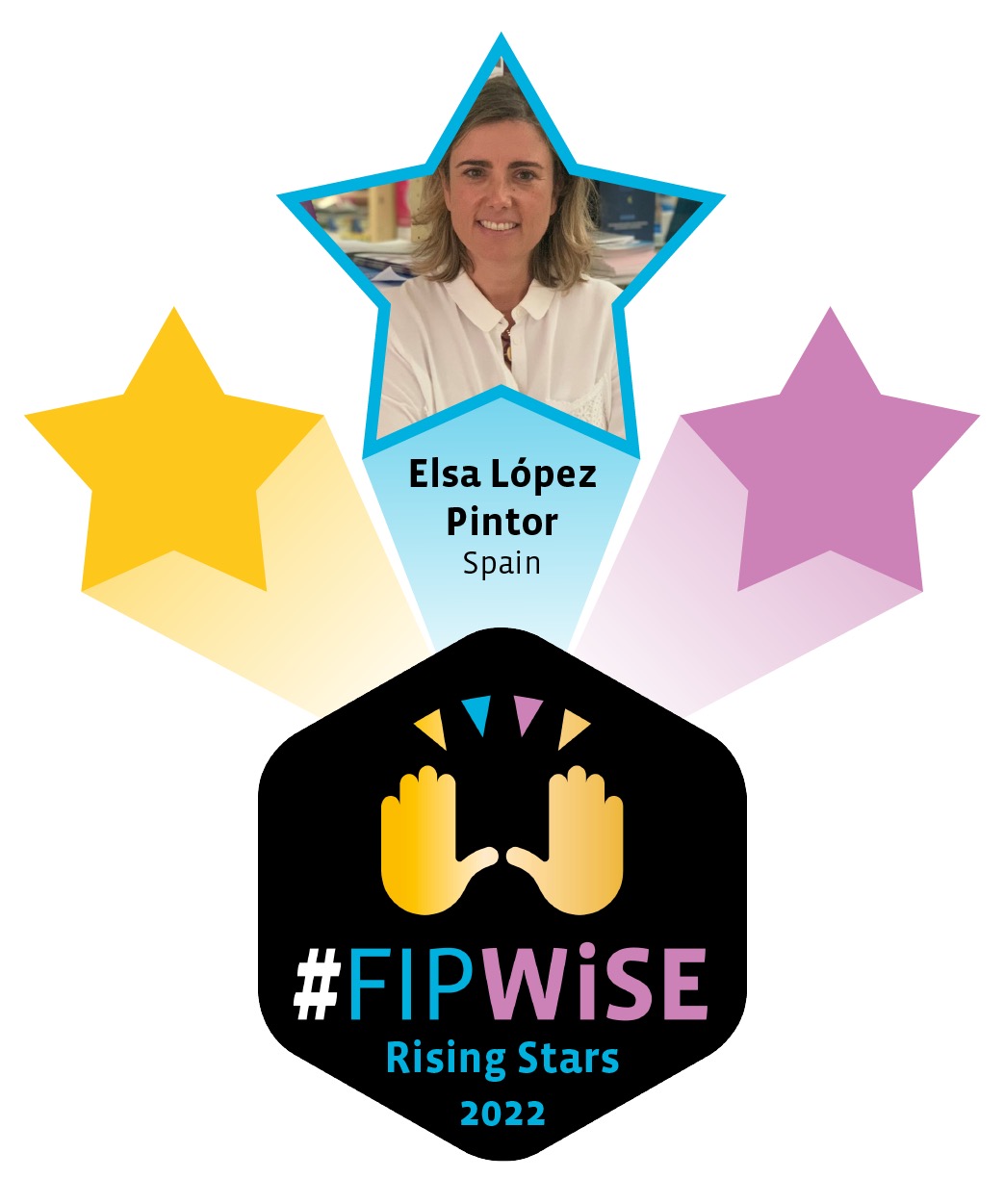 Elsa López Pintor
Elsa López Pintor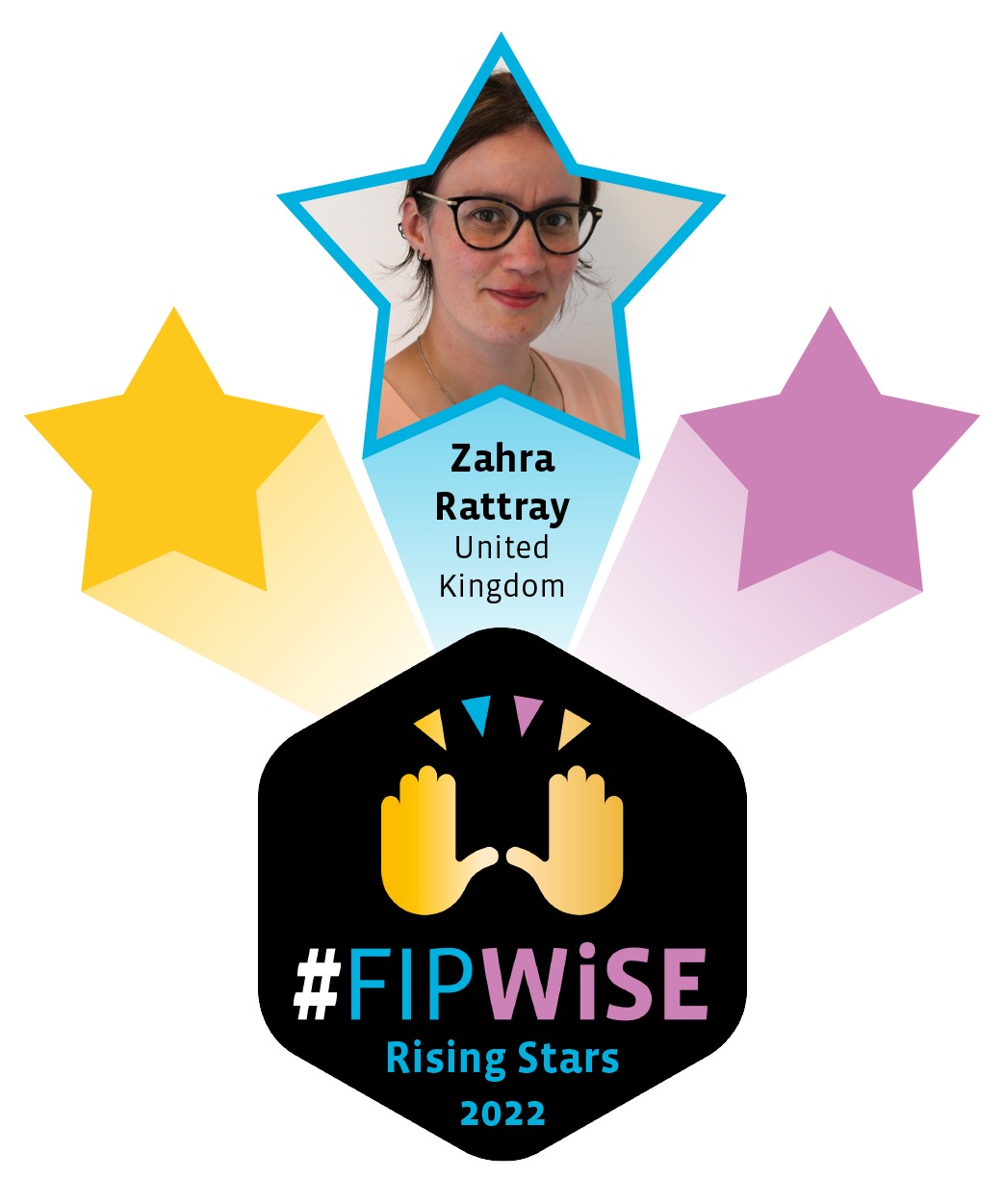 Zahra Rattray
Zahra Rattray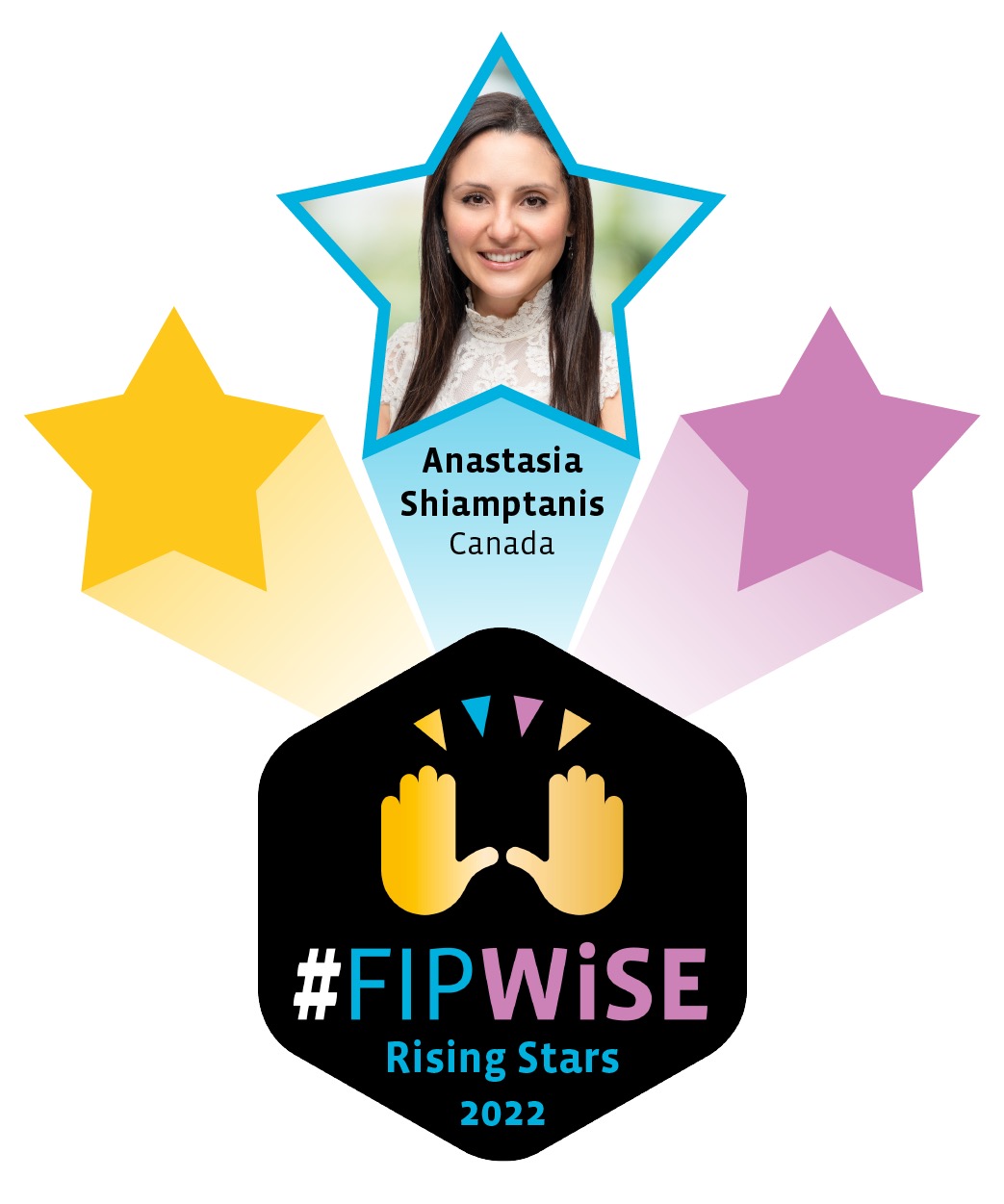 Anastasia Shiamptanis
Anastasia Shiamptanis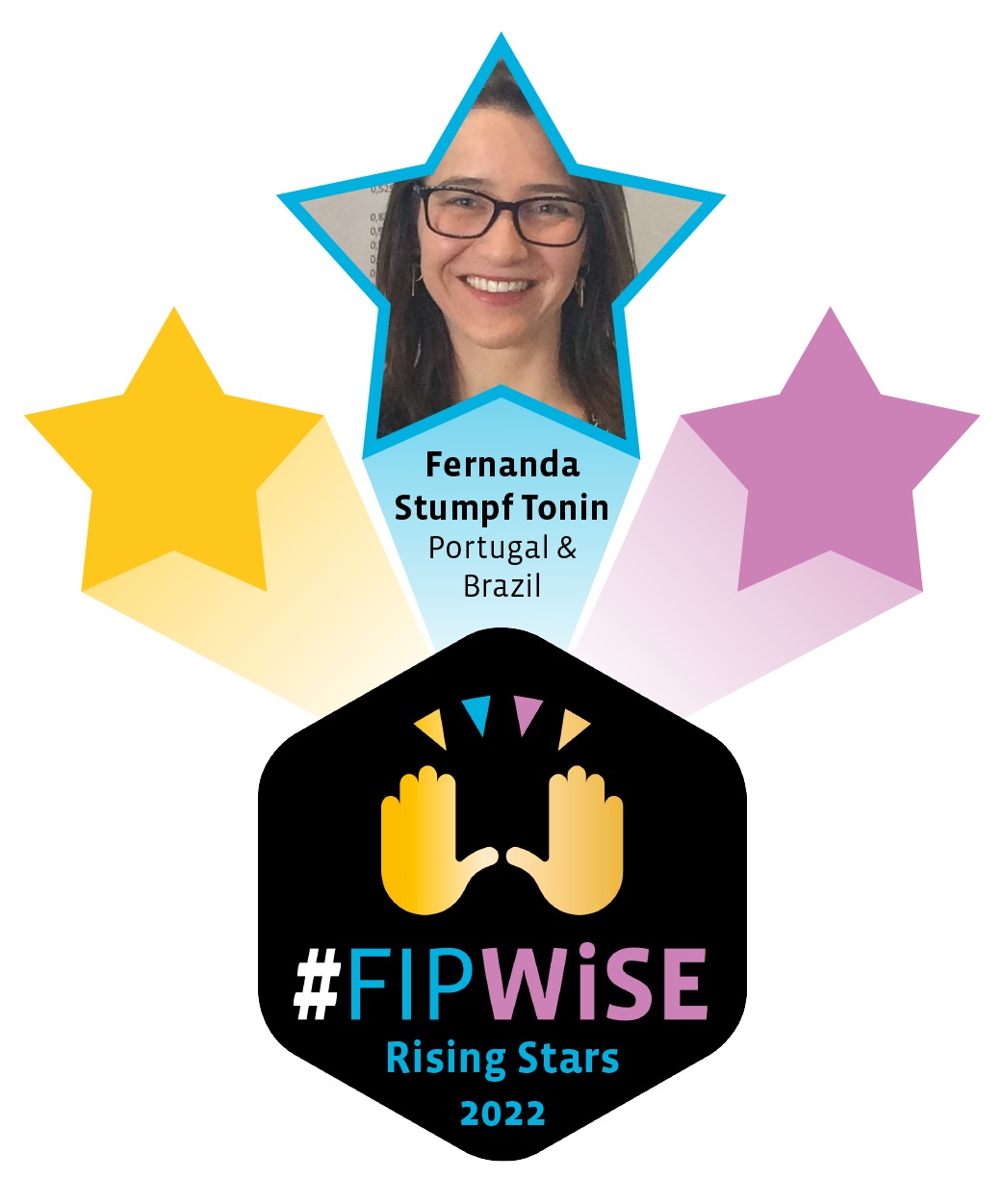 Fernanda Stumpf Tonin
Fernanda Stumpf Tonin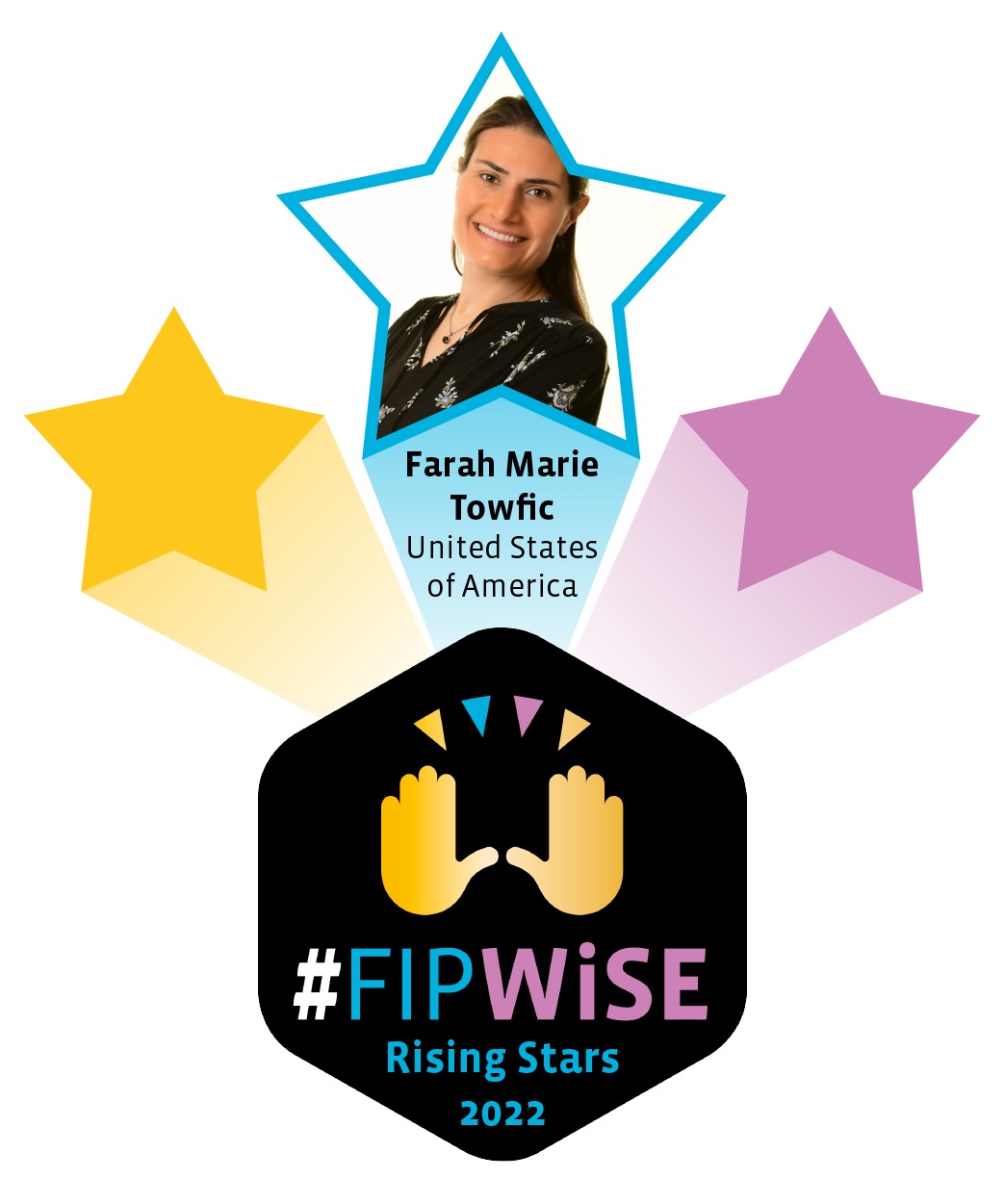 Farah Marie Towfic
Farah Marie Towfic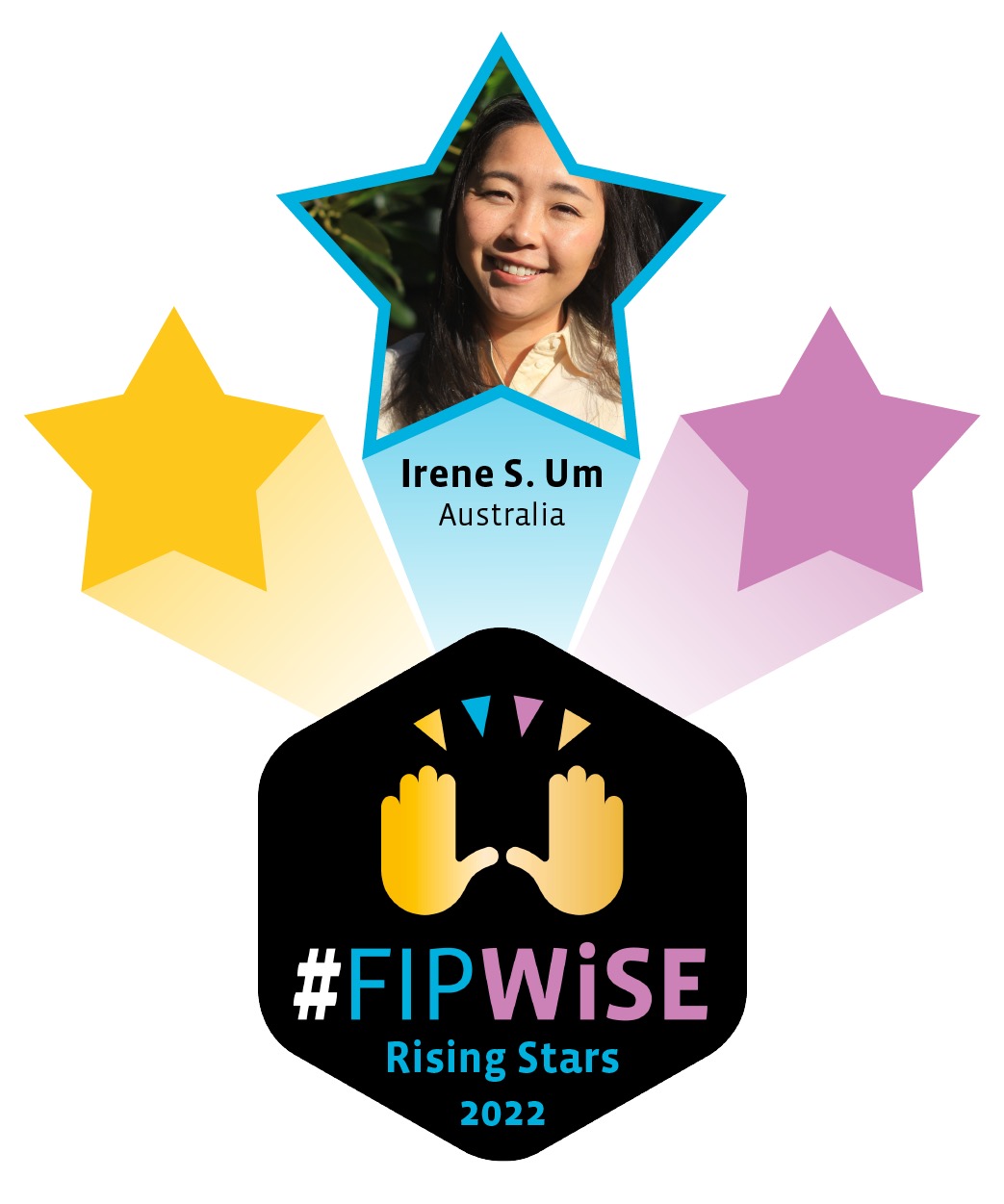 Irene S. Um
Irene S. Um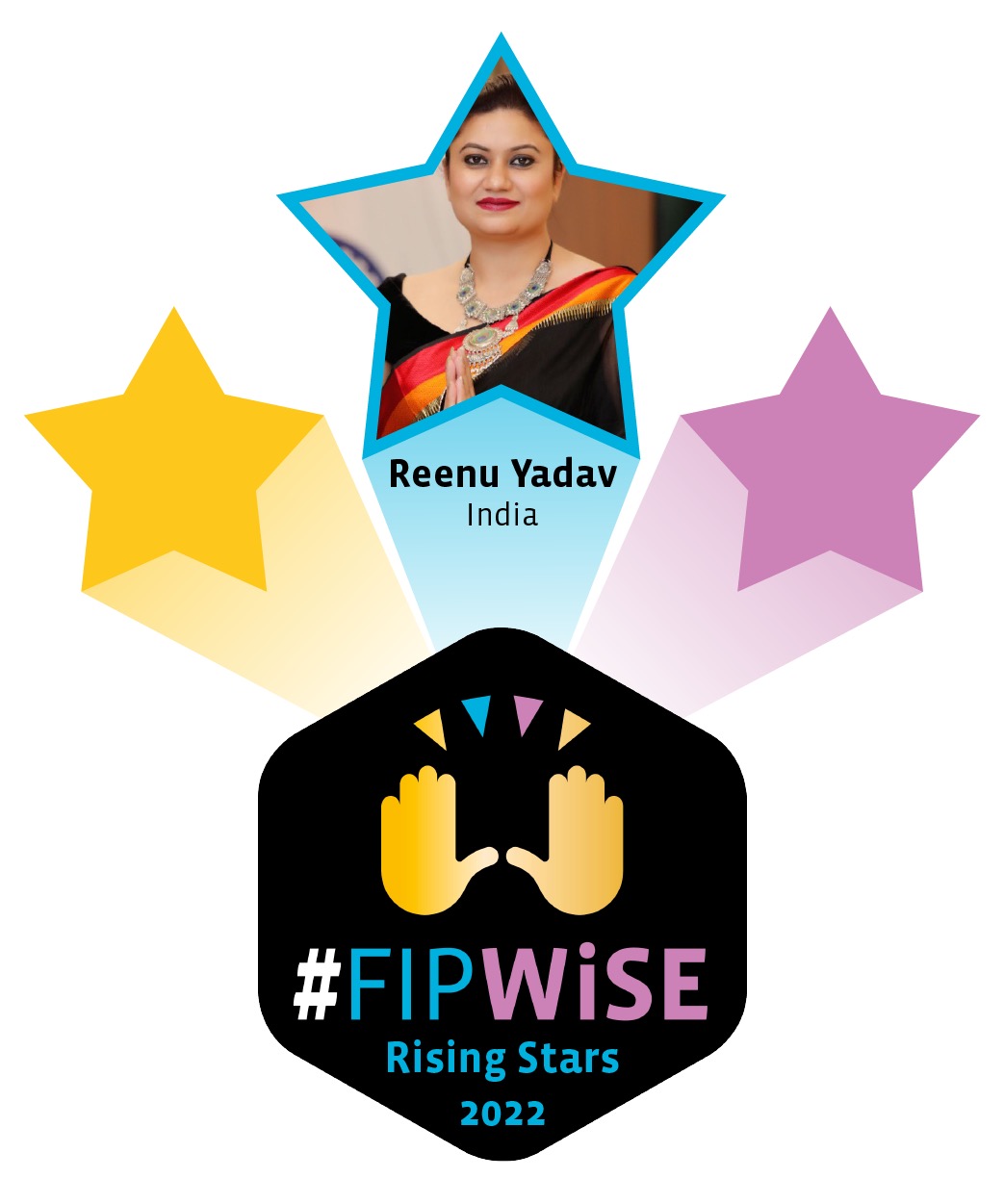 Reenu Yadav
Reenu Yadav